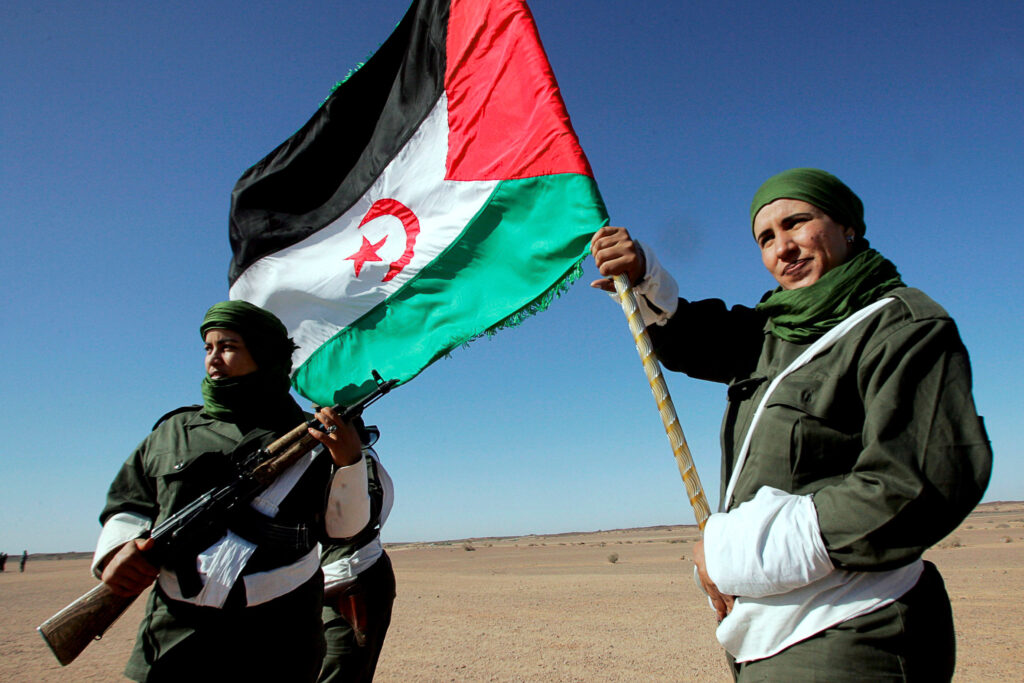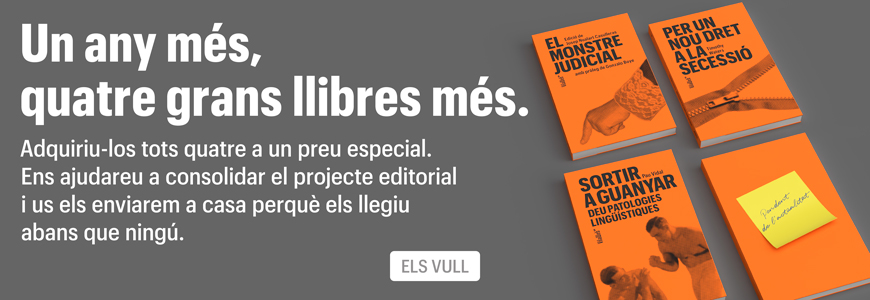21.03.2022 - 11:47
|
Actualització: 13.06.2022 - 10:15
All of Catalonia’s pro-independence parties – Esquerra, Junts, CUP, and PDeCAT – agreed on Saturday to request that Spain’s prime minister Pedro Sánchez answer questions in Congress regarding his decision to back Morocco’s autonomy initiative in the disputed territory and former Spanish colony of Western Sahara. “Spain’s decision is a mistake that will have significant consequences, especially for the Sahrawi people,” Catalan president Pere Aragonès, of Esquerra, Tweeted on Saturday.
Catalan foreign affairs minister Victòria Alsina of Junts, meanwhile, alluded to Sánchez’s “hidden motives.” The foreign policy change made public on Friday has not only caught Catalan independence parties by surprise – in fact, Más País, Compromís, New Canaries, Canarian Coalition, EH-Bildu, the Galician Nationalist Bloc, and the Basque Nationalist Party are also behind the request to have Sánchez explain his motives in Congress – but Spain’s junior coalition member Podemos too.
In Catalonia, the head of the Catalan branch of Podemos, Jèssica Albiach, lamented Sànchez’s U-turn on his party’s 2019 electoral program, and argued that “dialogue is the only way to resolve the conflict.”
Right to self-determination
“We will promote the resolution of the Western Sahara conflict with the compliance with United Nations resolutions, which guarantee the Sahrawi people’s right to self-determination,” the Socialists’ April 2019 electoral program reads, as well as by ” promoting dialogue between Morocco and the Polisario Front, with the participation of Mauritania and Algeria.” No mention was made of the issue, however, in the November 2019 electoral program.
And in an infrequent move, the conservative People’s Party has sided with pro-independence and left-wing parties on this issue, calling the Socialists’ decision “reckless” if only because of fears relating to how it could possibly impact Spain’s Moroccan enclaves of Ceuta and Melilla.
Western Sahara was a Spanish colony until 1975, the year fascist dictator Francisco Franco died, and was then annexed by Morocco. The Polisario Front, headed by Brahim Ghali, has defended the independence of the Saharan Arab Democratic Republic for decades, which is recognized by countries including Algeria as well as the African Union.
Ghali, then 71, traveled to Spain last year to receive treatment for Covid complications in a move that angered Morocco, which is thought to have deliberately allowed thousands of migrants to enter Ceuta in a retaliatory gesture. The Polisario Front leader was then transferred to Algeria, a country that could be a key gas supplier to Europe given Russia’s invasion of Ukraine and that has demanded explanations from Spain.
The Socialists have nonetheless defended their backing of Morocco’s autonomy initiative as a “brave and realistic” decision that allows for a “new stage” in Spain-Morocco relations.




